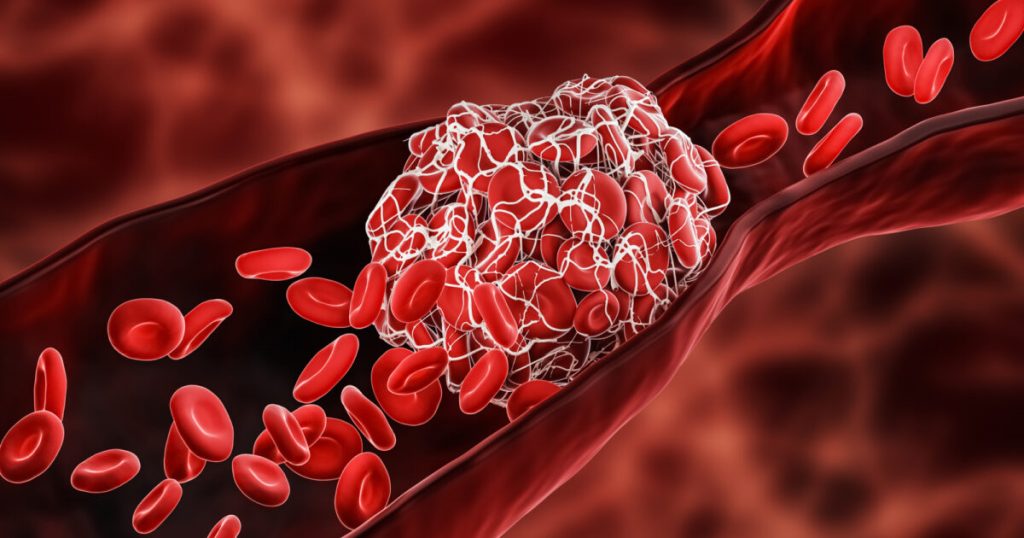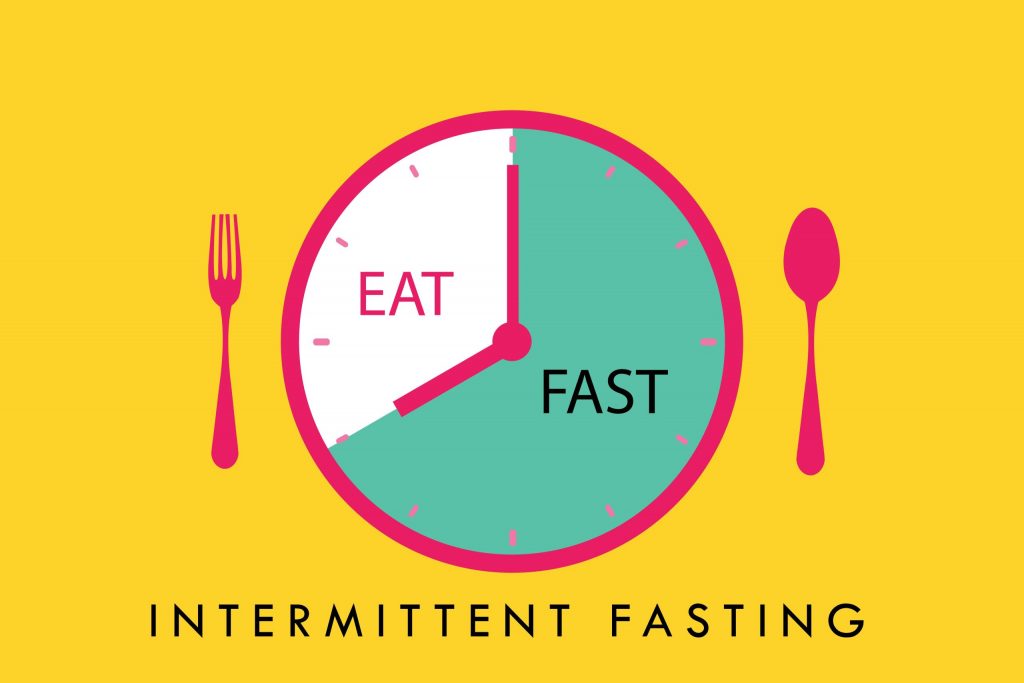Intermittent fasting may help prevent blood clots, new study finds
3 min read
A recent study published in Life Metabolism has revealed a potential link between intermittent fasting and a reduced risk of blood clots, which are known to contribute to life-threatening conditions such as strokes and heart attacks.
The study’s key findings
Researchers investigated the effects of intermittent fasting on blood clot formation using human participants, blood samples, and mice. The study included 160 participants with coronary artery disease, all of whom were taking aspirin but were not on other antiplatelet medications. The participants were randomly divided into two groups: one group followed an intermittent fasting regimen, while the other adhered to an unrestricted diet. The intervention lasted for ten days.

The results demonstrated that intermittent fasting significantly reduced platelet activation and blood clot formation. Further analysis in mice indicated that fasting may help minimize damage to the brain and heart following interruptions and restorations of blood flow.
How intermittent fasting may reduce blood clot risk
Intermittent fasting involves restricting food intake for specific periods while allowing normal eating during designated windows. Blood clot formation occurs through a complex process involving platelet activation, which, in some cases, can lead to serious conditions such as heart attacks and strokes.

The study found that intermittent fasting influences blood clotting through the production of indole-3-propionic acid (IPA), a metabolite generated by gut microorganisms. Researchers detected higher levels of IPA in both human participants and mice who had undergone intermittent fasting. Further testing confirmed that IPA directly inhibits platelet activation, ultimately reducing the likelihood of clot formation.
The role of gut microorganisms in blood clot prevention
The study also revealed that intermittent fasting enhances the presence of Clostridium sporogenes, a gut bacterium responsible for producing IPA. Mice that were given a broth containing C. sporogenes exhibited higher IPA levels, longer clotting times, and reduced platelet aggregation. Moreover, mice treated with antibiotics—eliminating certain gut bacteria—experienced a diminished effect of intermittent fasting on blood clot reduction.

Further analysis showed that IPA acts on a specific platelet component known as the pregnane X receptor, influencing platelet activation through related signaling pathways. This discovery highlights the gut’s crucial role in mediating the beneficial effects of intermittent fasting on blood clot prevention.
Implications for cardiovascular and vascular health
Christopher Yi, MD, a board-certified vascular surgeon at MemorialCare Orange Coast Medical Center, who was not involved in the study, commented on the findings:

“This is a very interesting study that suggests a novel non-pharmacologic approach to managing thrombosis risk. IPA showed antithrombotic efficacy comparable to clopidogrel, a commonly used antiplatelet medication. Together, both can act synergistically to reduce platelet aggregation and lower thrombosis risk, important factors in the treatment of vascular and cardiovascular disease. This can potentially provide a novel therapy pathway for physicians, which is very exciting.”
The study’s findings pave the way for further research into the clinical application of intermittent fasting as a strategy for reducing the risk of blood clots. As more studies emerge, intermittent fasting could become a recognized non-drug intervention for cardiovascular and vascular health management.
Peace Hillary



